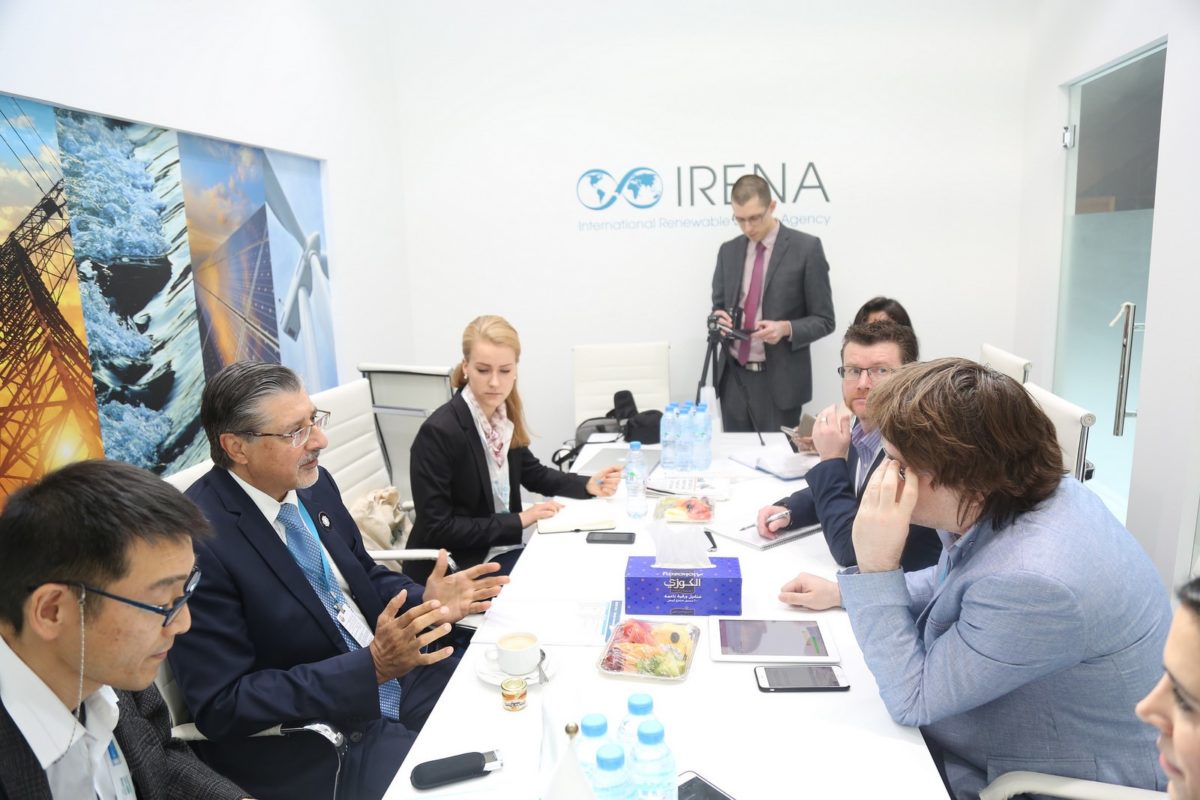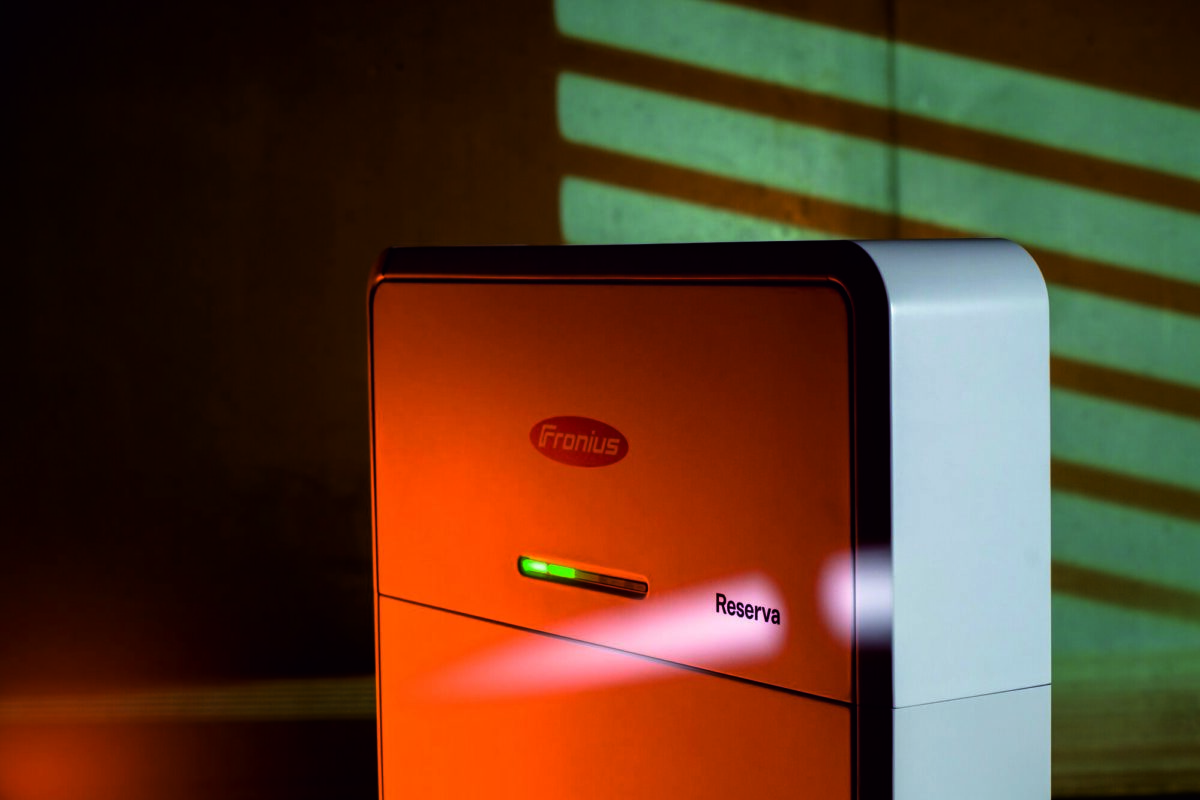However, Adnan Amin, the director-general of the International Renewable Energy Agency (IRENA), is positive.
When Masdar was established everyone thought it was a publicity stunt. But today the Abu Dhabi government-backed firm has a vibrant portfolio of developing and developed projects.
When IRENA moved to Abu Dhabi many thought it was little more than a publicity stunt. IRENA is now a fast-growing multicultural organization with an ambitious agenda.
“There is always a sense that oil-rich countries are doing this [announcing ambitious renewable energy goals] for publicity. They are not,” Amin told pv magazine. “These are very hard economic decisions. We work a lot with Gulf Cooperation Council (GCC) countries on energy systems transformation and I can tell you there is full awareness among decision-makers that the current system is not sustainable,” added Amin.
Amin went on to provide an example of why the economics favor of renewable energy development. Saudi Arabia, he said, “is one of the few countries that burns oil for power generation. The cost of electricity is related to the cost of production of oil and burning it for power generation. That’s about €10 per barrel. When oil was €100 dollars a barrel that was a €90 loss per barrel.” Today, given the lower price of the oil, this is about a €40 loss. “That’s not good economics. They know they can use their oil for higher added value sectors of the economy. The question is how you make the transition,” he concluded.
UAE is leading the Gulf’s power transformation
Amin told pv magazine that the UAE is a leader in making the transition. “They have a visionary perspective about a diversified economy. The leadership is fully committed to this and the energy strategy you see today is building on many years of experience and commitment to transformation.”
Amin also touched upon the power generation subsidies that hinder renewable energy development in the oil-rich states. “We [IRENA] are delighted that in the last year and a half, due to the low oil prices, the UAE has started reducing power generation subsidies.”
This is visible in Amin’s own utility bill, he claimed. “The cost of electricity is now becoming normal in terms of the market. That is starting to give price signals to investors.
“So overall, yes, I think it [the UAE’s new strategy] is a very genuine trajectory,” Amin argued.
Saudi Arabia
Saudi Arabia has recently announced a new master plan for its energy sector, and the country’s minister has also said a new tender will be published in April.
In terms of the size of potential renewable energy capacity, Saudi Arabia’s energy transformation could be even more impressive. The country’s peak load demand is growing rapidly, at about 8% a year, and last year it reached 62.5 GW.
In contrast, the UAE’s power demand in 2013 was 27 GW and is expected to surpass 40 GW by 2020.
Nevertheless, the UAE is already sending signals of its energy system transformation tendering landmark projects and is expected to lead the new trajectory in the region. Saudi Arabia needs to start from scratch, since the country had no previous experience in renewable energy deployment.
The February issue of pv magazine will feature an extensive analysis of the solar PV development in the two countries.
This content is protected by copyright and may not be reused. If you want to cooperate with us and would like to reuse some of our content, please contact: editors@pv-magazine.com.



I think about the level of power demand of KSA and UAE that you mean TWh unit and not GW